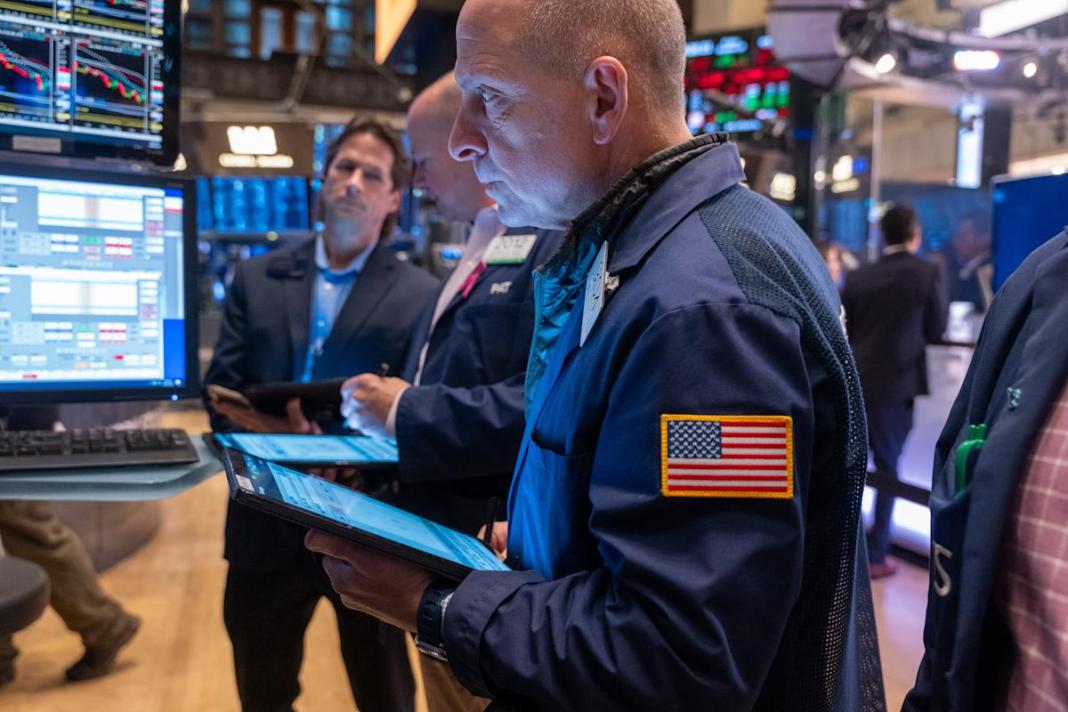In Lohta, a small town in India, weaver Nawab Khan has spoken out about the struggles faced by artisans like himself over the past decade. According to Khan, weavers have seen a decline in their livelihoods, with only those who support the ruling Bharatiya Janata Party (BJP) prospering.
Khan alleges that those who purchase the sarees they make have become wealthier, while the predominantly Muslim weavers have become poorer. He points to a perceived bias in government welfare schemes, claiming that only BJP supporters benefit from them.
In response, Dileep Patel, a BJP official overseeing parliamentary seats in the region, denies any discrimination against Muslims. He attributes the allegations to fear-mongering by opposition parties and highlights initiatives such as the criminalization of triple talaq as evidence of the government’s support for Muslim women.
However, tensions have been rising in the community, with reports of attacks on Muslims by right-wing groups and a surge in anti-Muslim rhetoric. Athar Jamal Lari, a candidate running against Prime Minister Narendra Modi in Varanasi, laments the treatment of Muslims as second-class citizens despite their contributions to the country.
As the election campaign heats up, analysts suggest that the BJP’s focus on Hindu-Muslim polarization may indicate a lack of confidence in its traditional support base. With no clear national issue driving the campaign, the party is banking on Modi’s popularity to secure victory. However, the divisive rhetoric could also alienate voters and pose a challenge for the party in the upcoming elections.


